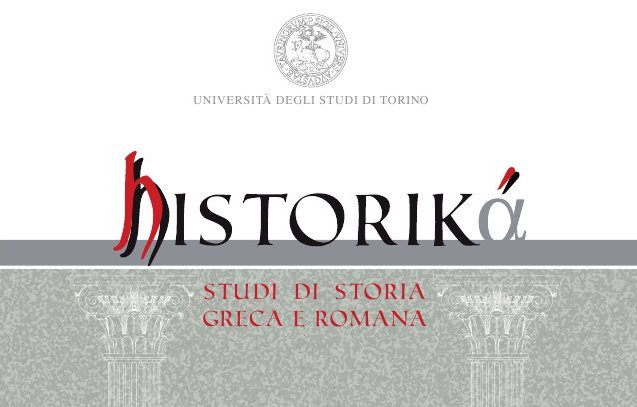Fratello, fratellanza e ‘affratellamento’
DOI:
https://doi.org/10.13135/2039-4985/767Keywords:
fratellanza, adelphos, fratrie, consanguineità, brotherhood, relationshipAbstract
Nella lingua greca il concetto di ‘fratellanza di sangue’ è espresso dal termine ajdelfov". A differenza delle altre lingue della famiglia indeuropea, infatti, il termine greco fr£thr indica una fratellanza artificiale, che unisce persone con legami non necessariamente parentali in associazioni con finalità politiche e culturali (è il caso delle fratrie). È raro che nel mondo greco tale ‘fratellanza elettiva’ sia indicata usando il termine ajdelfov", e, in questi casi, il vocabolo non presenta una valore propriamente istituzionale, ma rimarca un sentimento che scaturisce da un desiderio di consanguineità e da una sfera emozionale: così nella Repubblica di Platone, nel decreto di Nakone, nell’epigrafe di Afrodisia, nella letteratura giudaica e in quella cristiana, in cui si applica alla fratellanza in Cristo, come rapporto privilegiato con il ‘prossimo’.
The concept of 'blood brotherhood' is defined by the Greek word ajdelfov". Unlike the other languages of the Indo-European family, in fact, the Greek word fr£thr indicates an artificial brotherhood, which unites in political and cultural association people who do not necessarily have family connections (this is the case of the fratriai). In Greek the word ajdelfov" is rarely used to refer to 'elective brotherhood’, and, in these cases, it does not have a proper institutional value, but emphasizes a feeling that comes from the desire of blood relationship and regards the emotional sphere, as demonstrated in Plato’s Republic, in the decree of Nakone, in the epigraph of Aphrodisias, in Jewish literature and in Christian one, that applies it to the brotherhood in Christ, as privileged relationship with the 'neighbor'.
Downloads
Published
Issue
Section
License
The authors who publish in this magazine accept the following conditions:
a) The authors retain the rights to their work and assign the right of first publication of the work to the magazine, simultaneously licensed under a Creative Commons License - Attribution that allows others to share the work indicating intellectual authorship and the first publication in this magazine.
b) Authors may adhere to other non-exclusive license agreements for the distribution of the version of the published work (e.g. deposit it in an institutional archive or publish it in a monograph), provided that the first publication has taken place in this magazine.


 The journal has been approved for inclusion in DOAJ. The DOAJ listing of the journal is available at
The journal has been approved for inclusion in DOAJ. The DOAJ listing of the journal is available at 

